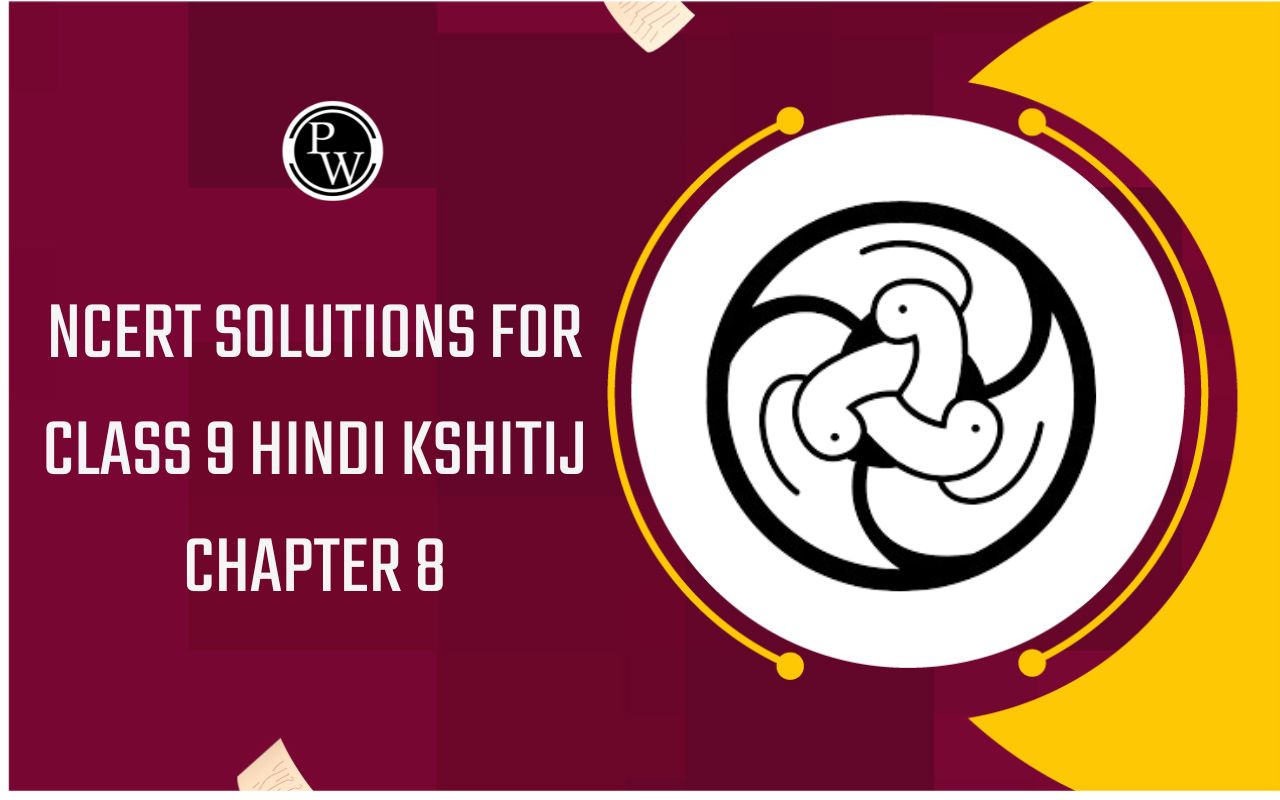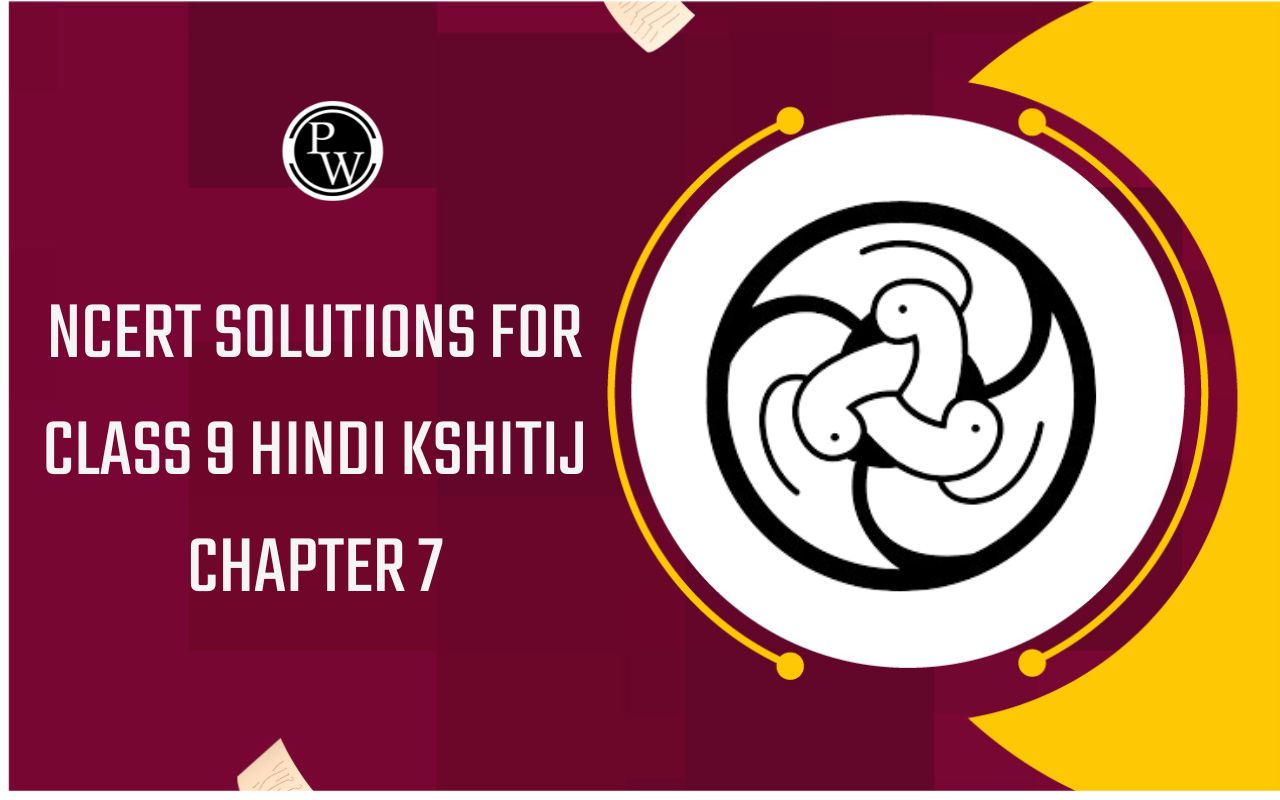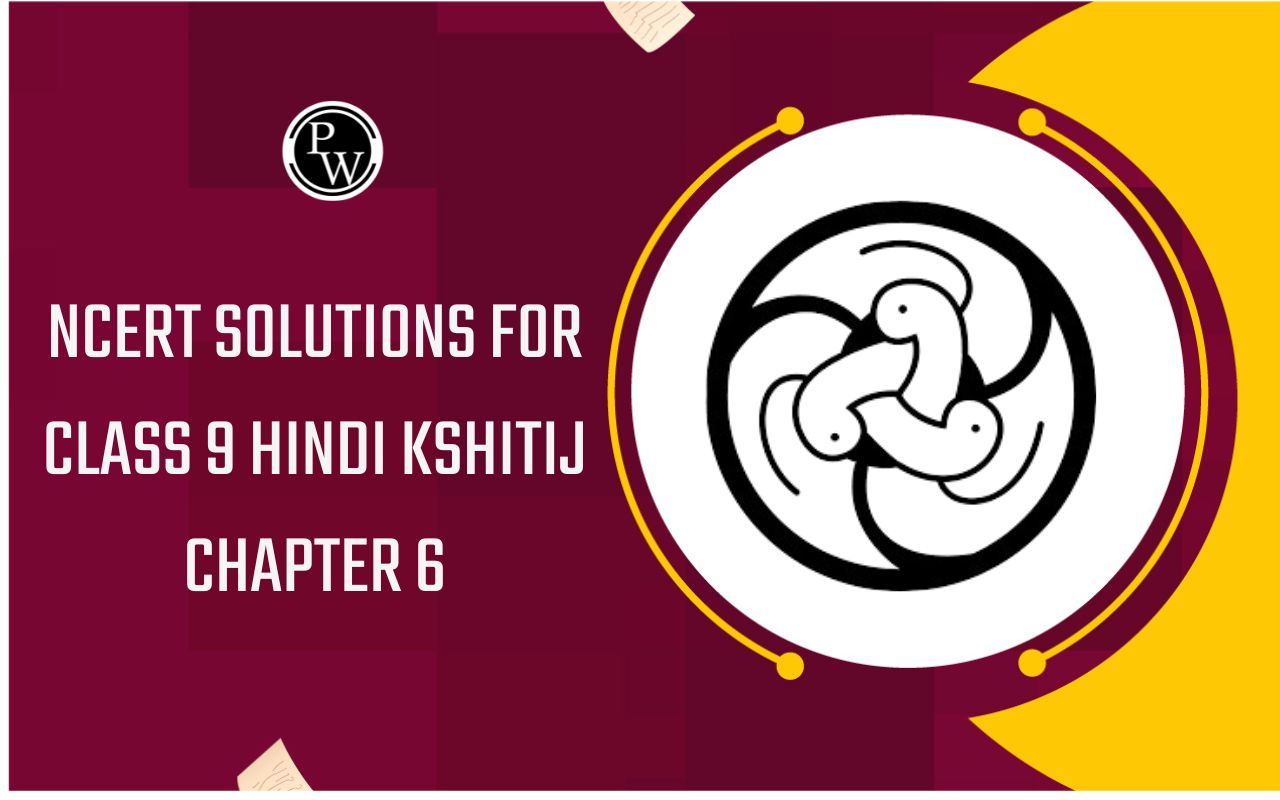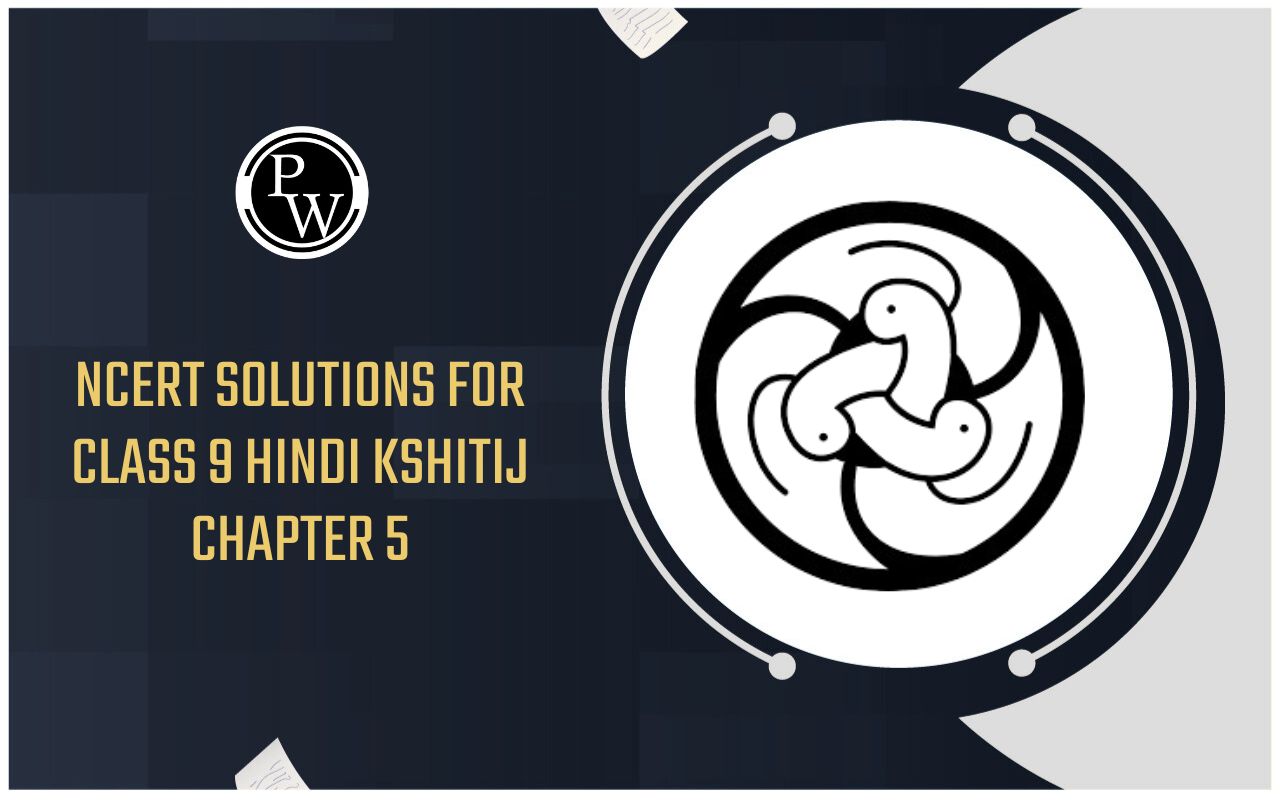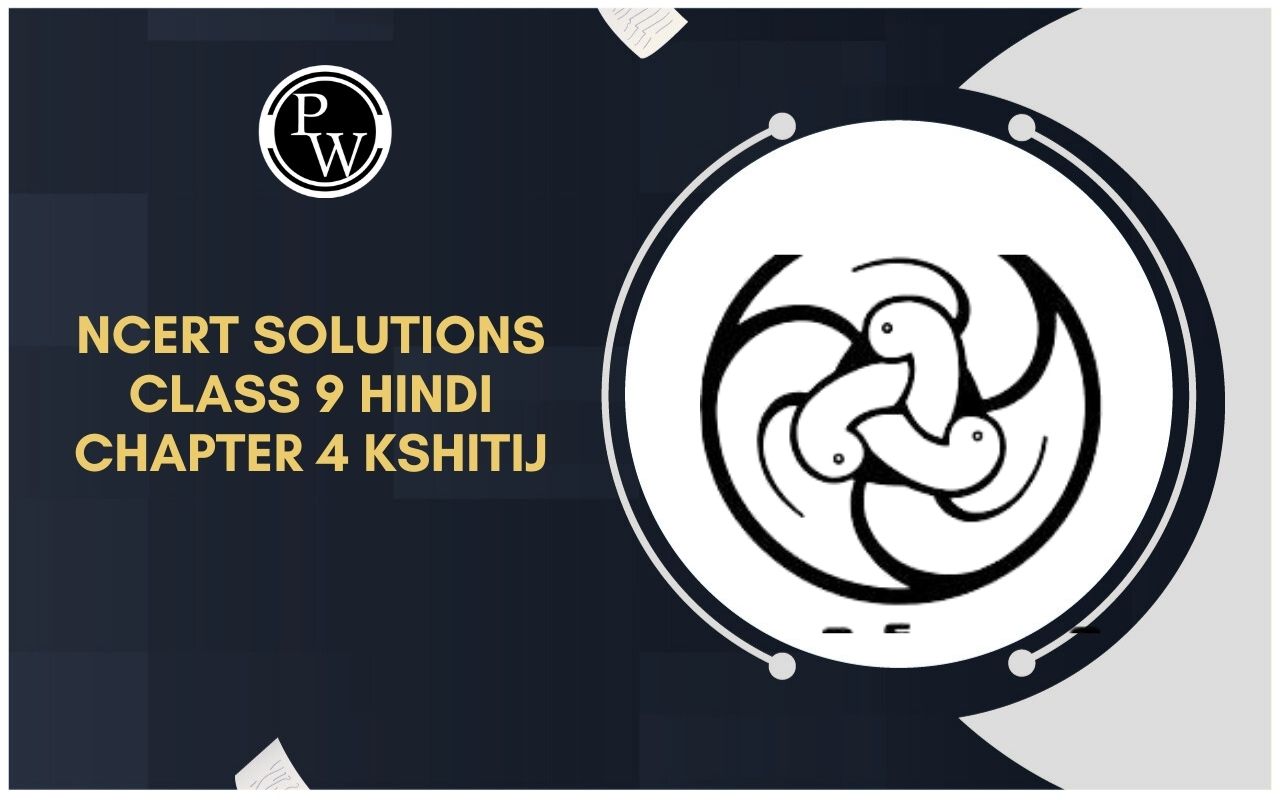
Enforcement of Safety Laws
Law and Social Justice of Class 8
As the lawmaker and enforcer, the government is supposed to ensure that safety laws are implemented. It is also the duty of the government to ensure that the Right to Life guaranteed under Article 21 of the Constitution is not violated. First, the safety laws were lax in India. Second, even these weak safety laws were not enforced.
In the case of the Bhopal Gas tragedy, government officials refused to recognize the plant as hazardous and allowed it to come up in a populated locality. When some municipal officials in Bhopal objected that the installation of a MIC production unit in 1978 was a safety violation, the position of the government was that the state needs the continued investment of the Bhopal plant, which provides jobs.
It was unthinkable, according to them, to ask Union Carbide (UC) to shift to cleaner technology or safer procedures. Government inspectors continued to approve the procedures in the plant, even when repeated incidents of leaks from the plant made it obvious to everybody that things were seriously wrong.
Instead of protecting the interests of the people, their safety was being disregarded both by the government and by private companies. With more industries being set up both by local and foreign businesses in India, there is a great need for stronger laws protecting workers' rights and better enforcement of these laws.
New Laws to Protect the Environment
The Bhopal disaster brought the issue of the environment to the forefront. Several thousands of persons who were not associated with the factory in any way were greatly affected because of the poisonous gases leaked from the plant. This made people realize that the existing laws, though weak, only covered the individual worker and not persons who might be injured due to industrial accidents.
The Indian government introduced new laws on the environment. Henceforth, the polluter was to be held accountable for the damage done to environment. The environment is something that people over generations will share, and it could not be destroyed merely for industrial development.
The courts also gave a number of judgments upholding the right to a healthy environment as intrinsic to the Fundamental Right to Life. In Subhash Kumar vs. State of Bihar (1991), the Supreme Court held that the Right to Life is a Fundamental Right under Article 21 of the Constitution and it includes the right to the enjoyment of pollution-free water and air for full enjoyment of life. The government is responsible for setting up laws and procedures that can check pollution, clean rivers and introduce heavy fines for those who pollute.
Conclusion
Laws are necessary for many situations, whether this be the market, office or factory so as to protect people from unfair practices. Private companies, contractors, and business persons, in order to make higher profits, resort to unfair practices such as paying workers low wages, employing children for work, ignoring the conditions of work, ignoring the damage to the environment and hence to the people in the neighbourhood etc.
A major role of the government, therefore, is to control the activities of private companies by making, enforcing, and upholding laws so as to prevent unfair practices and ensure social justice. This means that the government has to make appropriate laws and also has to enforce the laws.
While the government has a leading role in this respect, people can exert pressure so that both private companies and the government act in the interests of society. Environment, as we saw, is one example where people have pushed a public cause and the courts have upheld the right to a healthy environment as intrinsic to the Right to Life.
People now must demand that this facility for a healthy environment be extended to all. Likewise, workers' right is an area where the situation is still very unfair. People must demand stronger laws protecting workers' interests so that the Right to Life is achieved for all.




